Home > Fire Insurance
Fire Insurance
Extensive asset protection against diverse threats like fire, theft, natural calamities, covering costs for repair, replacement, and reconstruction.
What is Fire & Burglary Insurance?
Fire
Lightning
Explosions or Implosions
Aircraft Damage
Storm, Cyclone, Typhoon, Tempest, Hurricane,Tornado,Flood & Inundation
Riot, Strike and Malicious Damage
Leakage from Automatic Sprinkler Installations
Subsidence and Landslide including Rock slide
Bursting and/or overflowing of Water Tanks, Apparatus and Pipes
Missile Testing Operations
Impact Damage
Bush Fire
Features of Fire & Burglary Insurance
Coverage
Protects against physical damage to a building or structure from fire or theft.
Eligibility
Requires you to provide a detailed description of the property you want to insure and show proof that you have a legitimate interest in insuring it.
Direct Loss
Covers immediate damage caused by the fire including destruction of buildings, equipment, furniture, inventory, and other physical assets within the property.
Policy Duration
The policy term is typically one year, with annual renewal required.
Customizable
Coverage options may be customized to meet the specific needs of a business.
Who needs
Fire & Burglary Insurance?
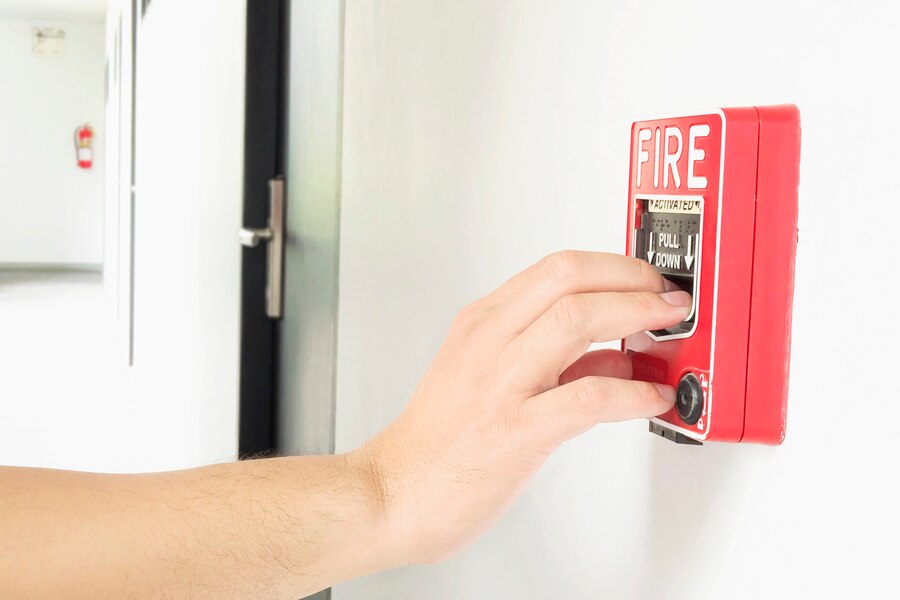
A few common businesses that purchase fire insurance are :
Hotel Owners and Service Providers
Guard against the financial consequences of fire damage to your hospitality or service-based business.
Shop-keepers and God own Owners
Protect your retail or storage space from the potential financial impact of a fire.
Manufacturing and Industrial Units
Safeguard your operations, vehicles, and equipment with fire insurance.
Medical Clinics
Protect your medical facility, equipment, and patient records from fire damage.
Banks and Other Institutions
Ensure the protection of your financial assets and operations with fire insurance.
Why get Fire & Burglary Insurance?
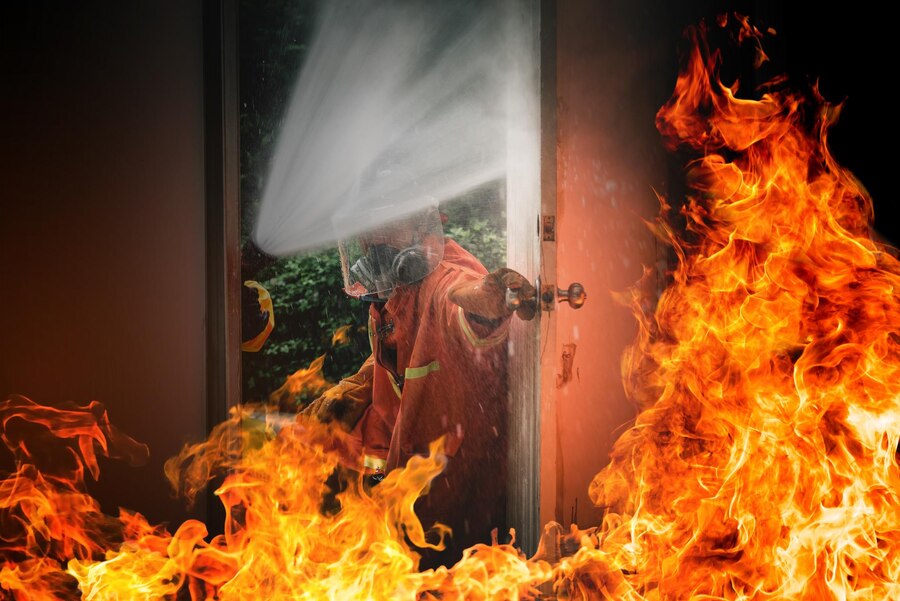
Benefits of a Fire Insurance Policy
Fire insurance offers protection against any harm or destruction from fire, fermentation, natural heating, or spontaneous combustion.
If a machine is damaged by fire, fire insurance covers the costs of repair or replacement.
Fire insurance also covers the cost of reconstruction of the property as per the sum insured in the policy.
Coverages
Fire insurance protects your business and its assets, shielding them from potential losses caused by fires or thefts. It covers a range of incidents related to fire and break- ins.

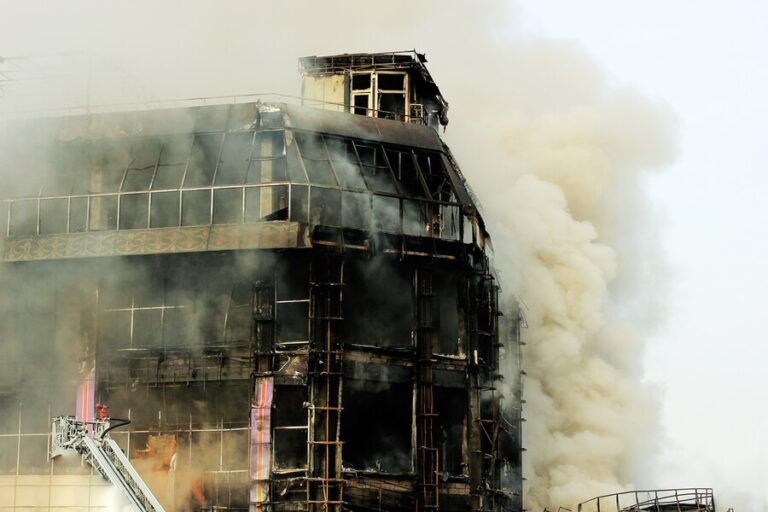
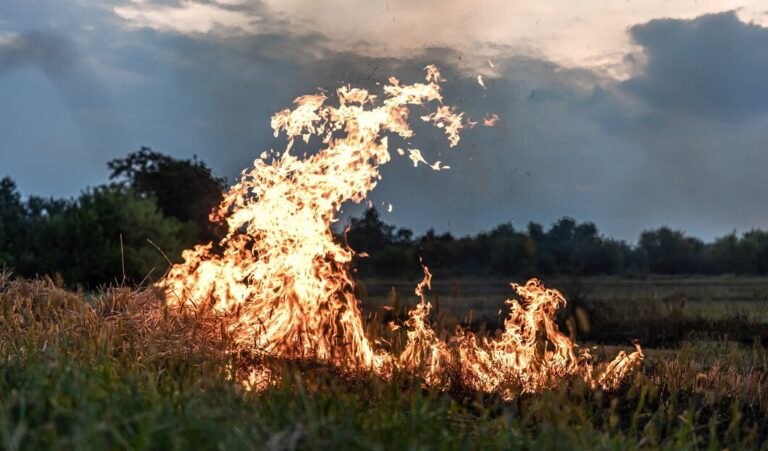






Exclusions
While fire insurance policy offers a broad coverage for businesses, it's important to note that there are certain incidents that may not be included. Here are some:

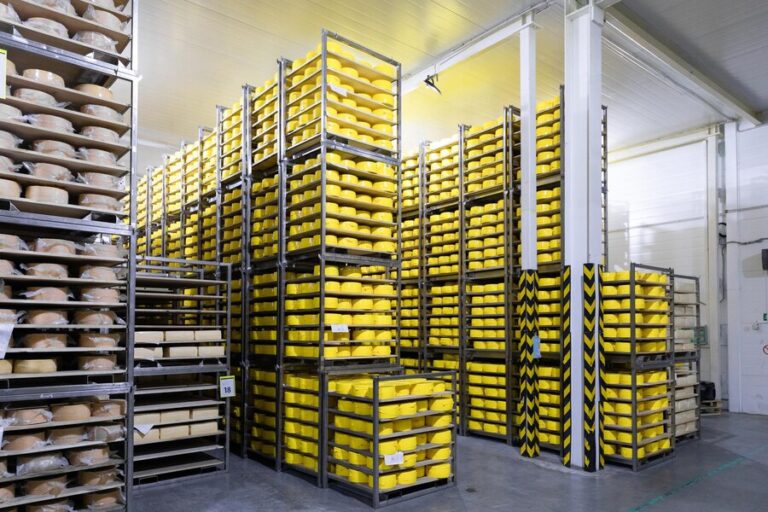






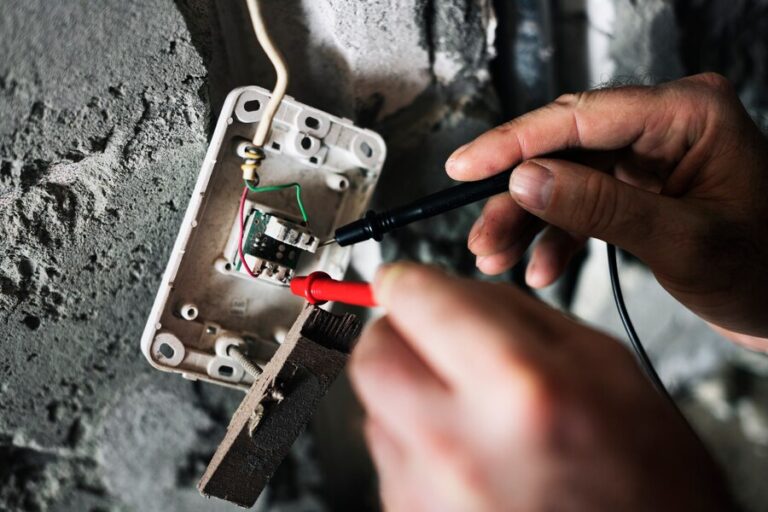
About Fire Insurance
What type of property is covered by fire insurance?
What are the major elements of fire insurance?
a. Coverage
b. Premium
c. Deductible
d. Limits
e. Conditions
f. Exclusions
Who is eligible for fire insurance?
What are the rules of fire insurance?
a. Disclosure of Information
b. Insurable Interest
c. Limits of Coverage
d. Deductibles
e. Duty to Mitigate Loss
f. Premium Payments
g. Exclusions
How is the claim calculated in case of a fire or burglary incident?
What is the first loss in fire & burglary insurance?
What is the usual period of fire insurance?
What is the total loss in the fire insurance policy?
What are the biggest risks in fire safety?
a. Property hazards:
Certain types of property hazards, such as the presence of flammable materials, outdated electrical systems, or improper storage of combustible materials, can increase the risk of fire damage
b. Fire prevention measures: Failure to implement adequate fire prevention measures, such as installing smoke detectors, maintaining fire extinguishers, or having a fire evacuation plan in place, can increase the risk of fire damage
c. Natural disasters: Natural disasters, such as wildfires, earthquakes, and floods, can also pose a significant risk to property
d. Arson and other intentional acts: Arson and other intentional acts of fire damage can be difficult to prevent and may not be covered under standard fire insurance policies.
What is the key clause in burglary insurance?
a. Coverage limits
b. Deductibles
c. Requirements for reporting
d. Exclusions

